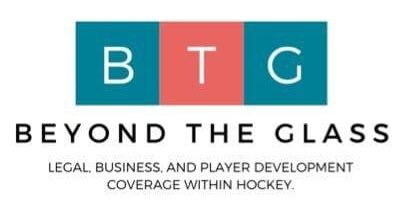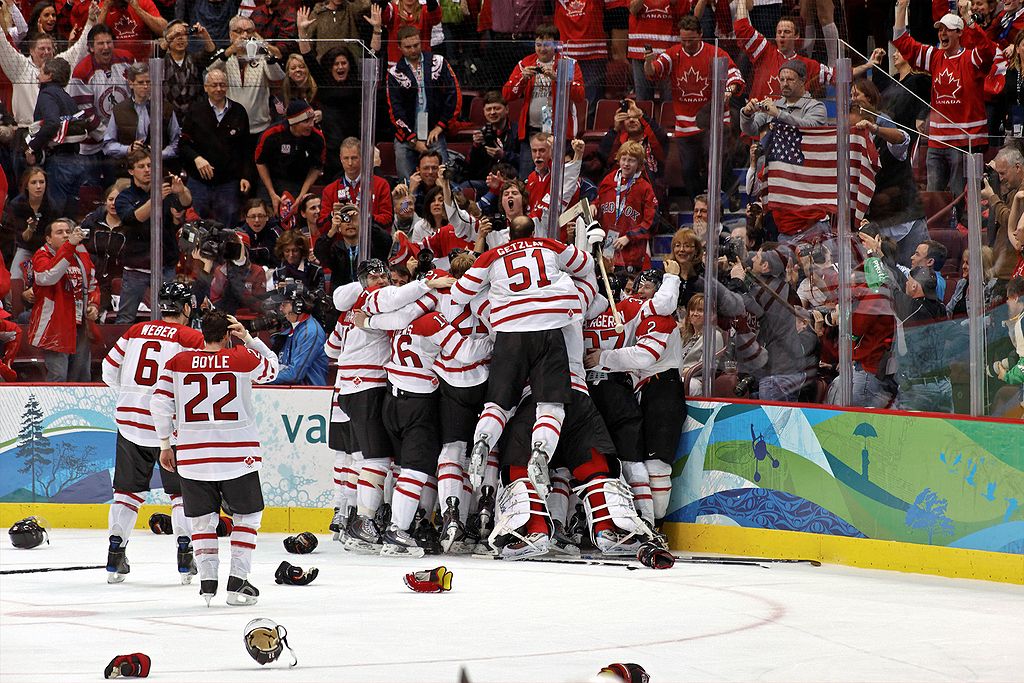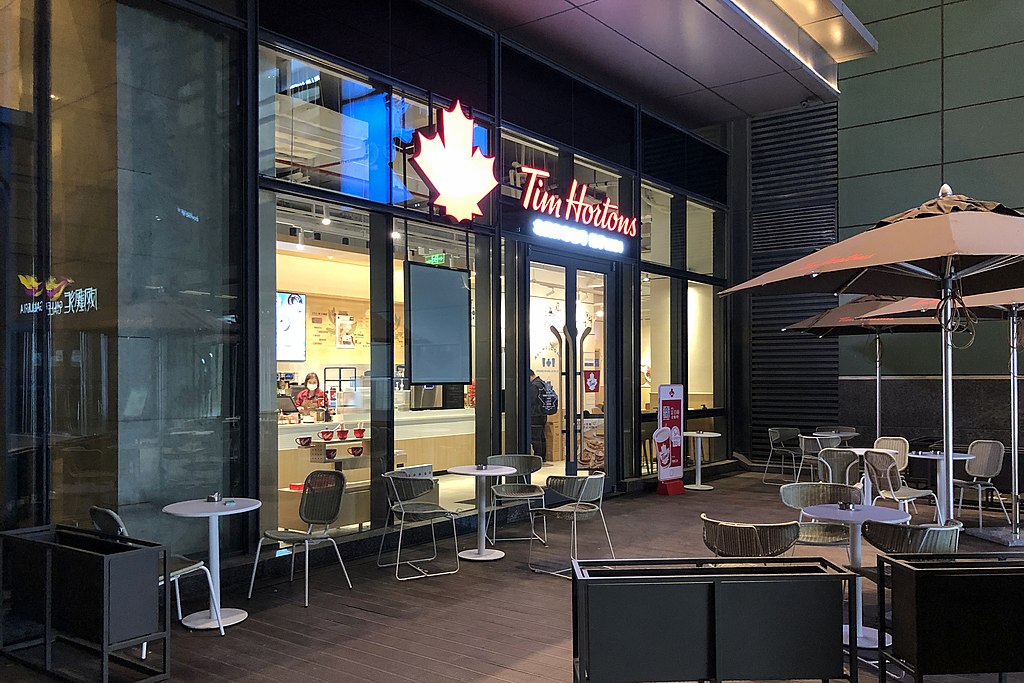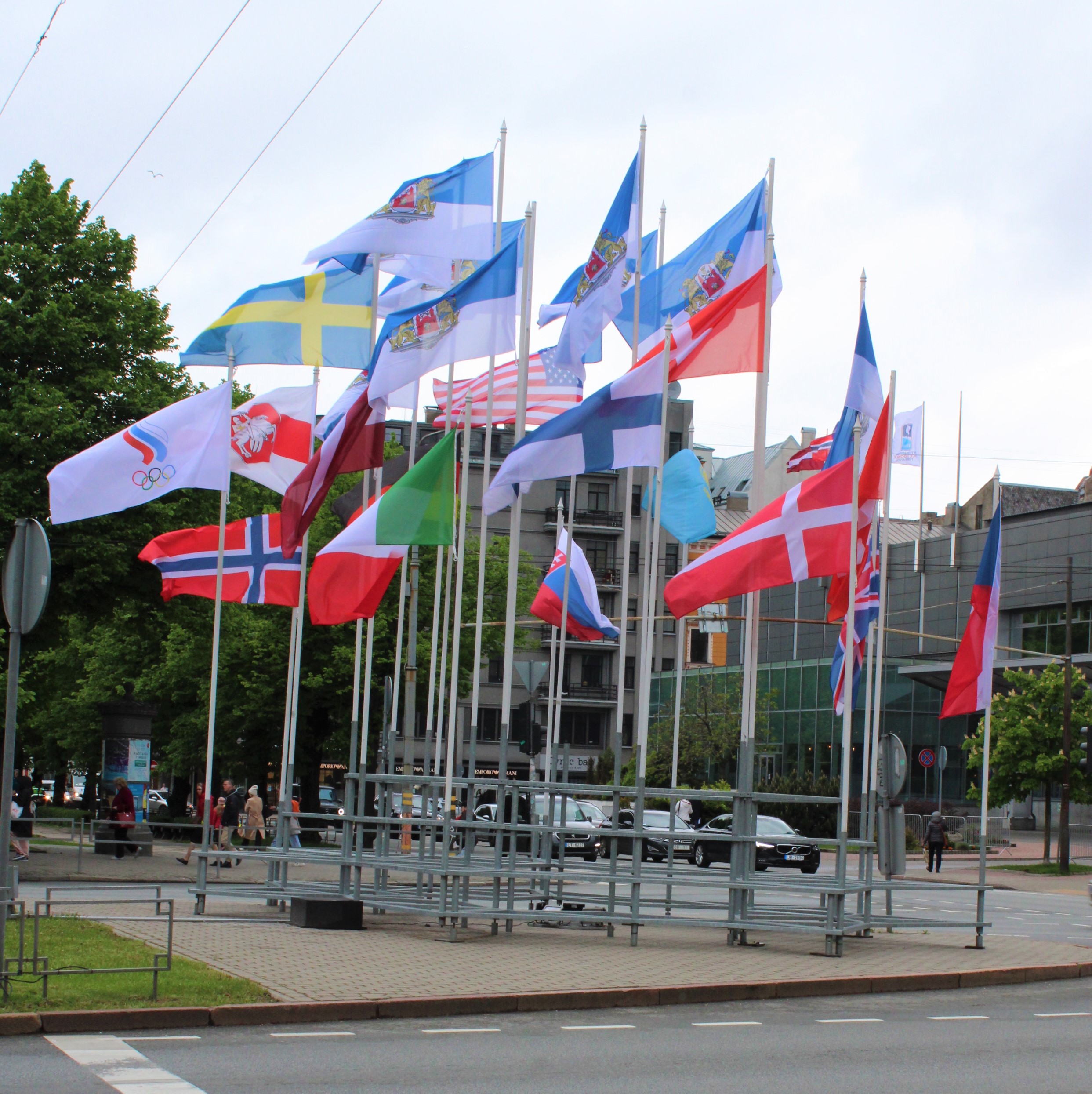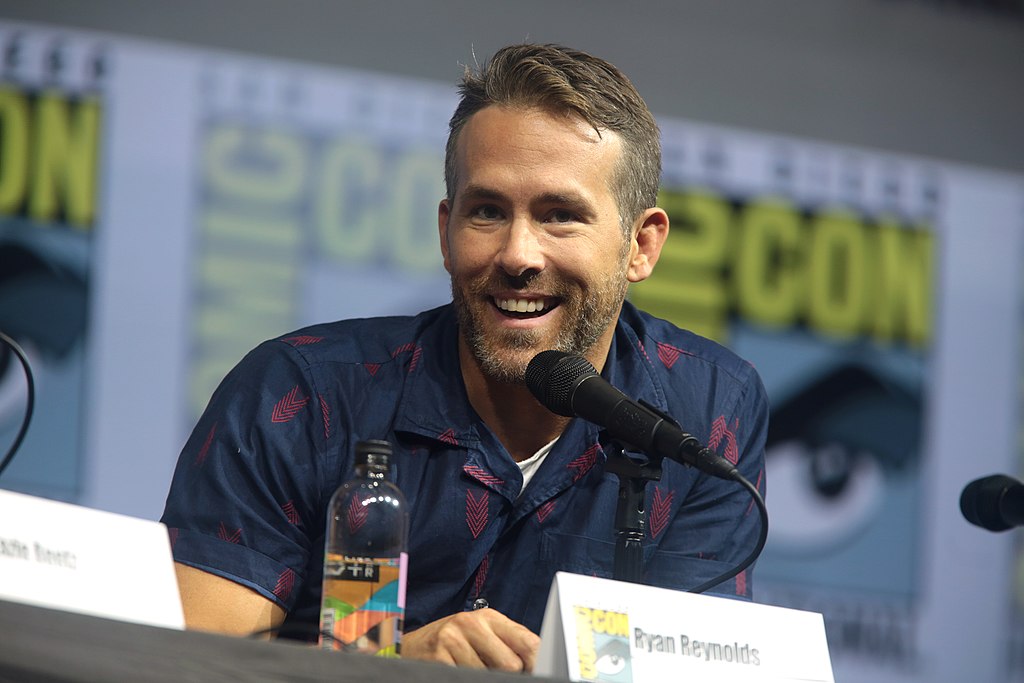By Alec Roberson
NHL participation in the Olympics has always been the subject of much debate. Is it good for the league? Is it good for the players? Does participation help or hurt viewership and the promotion of the sport? The 2022 Olympics have been filled with heated debate. Not only invlolving these questions, but also issues with COVID and hosting the Olympic games in China. This article takes a look at who makes the decision for the NHL’s participation in the Olympics and its benefits.
Brief History of NHL Participation in the Olympics
Prior to 1998, NHL participation in the Olympics was not an occurrence. For example, college players entirely made up the 1980 “Miracle” team coached by Herb Brooks. There are various reasons the NHL has never participated in the Olympics. One is that because hockey is in the Winter Olympics there would always be a disruption to the NHL season.
1. NHL Begins Olympic Participation
However, in 1998 the NHL reached an agreement with the International Olympic Committee (“IOC”) that paved the way for NHL player participation in the games. This agreement provided that the IOC would cover the insurance, accommodations, travel and other costs associated with NHL player participation in the games.
Since 1998, NHL players have participated in every winter Olympics until 2018….and now 2022.
2. The NHL Pulls from the 2018 Winter Olympics
The IOC decided in 2018 that it would not pay the costs for NHL player participation as it had routinely done since 1998. Covering such costs was an expensive endeavor for the IOC. For example, the players’ insurance reportedly cost $7 million dollars during the 2014 Sochi Olympics.
Tthe IOC does not provide similar benefits for other organizations such as the NBA. Therefore, it claimed that it could not treat a national commercial league better than not-for-profit international sports federations. Please note that the IRS’s classification of the NHL as a 501(c)(3) non-profit organization does not affect the IOC’s view on the NHL’s “commercial” status. Even though the International Ice Hockey Federation (“IIHF”) was willing to pay $20 million dollars towards those costs for NHL players to participate in 2018, the NHL decided that wasn’t enough to overcome the disruptions to the season and potential injuries to allow its players to participate.
3. The NHL’s Goals Through Past Negotiations
In addition, the NHL has attempted to negotiate expanded media rights with the IOC to achieve “Top Sponsor Status” at the Olympics. If successful, this would include the NHL’s right to own and use highlights from the Olympics (which it cannot currently). The NHL would also have the ability to advertise its name and logo at the games. The IOC held firm and denied this request. It did not want to open that door to other professional leagues requesting the same.
In 2016 the NHL offered the NHLPA Olympic participation if it agreed to a three year extension of the then current CBA. The NHLPA rejected this proposal. Ultimately, the NHLPA wanted to closely analyze a few pieces of the CBA before agreeing to an extension. Ultimately, the NHL did not participate in the 2018 Winter Olympics.
So what happened in the 2022 Olympics? Let’s take a look at who makes these decisions to see how that decision took shape.
The Final Say on Olympic Participation
For NHL participation in the Olympics, agreements have to be made between all parties involved. These include the NHL, the NHLPA representing the players, and the IOC and IIHF.
1. The NHL and the NHLPA
The NHL’s CBA agreement between the league and the NHLPA, representing the players, sets out the terms and conditions of the players’ employment within the league. Because it is a collectively bargained agreement under U.S. labor laws, it is the exclusive agreement between the players and the league covering the terms of their employment. Even though the NHL had allowed player participation in the Olympics from 1998 until 2018, the CBAs in place during those years never addressed Olympic participation. Therefore, the NHLPA was unable to argue that the NHL was contractually obligated to allow players to participate. Nor could it use outside evidence such as past participation as support for such an argument.
a. The CBA on International Participation
Even though the CBA agreement has been mostly silent on Olympic participation, international participation has been addressed. For example, Section 24.5 of the CBA provides as follows:
24.5 The NHL and the NHLPA shall continue to work together to jointly create and exploit other international projects and initiatives involving NHL Players other than International Hockey Games, including games, series, events or contests (e.g., the World Cup of Hockey, European Champions’ League, Victoria Cup Competition, Olympic participation, etc.). All revenues from such projects and initiatives (net of expenses incurred pursuant to budgets approved by the International Committee, including without limiting the generality of the foregoing, Direct Costs and NHL and NHLPA staffing costs) shall be excluded from HRR pursuant to Section 50.1(b)(xviii) and divided equally between the NHL and NHLPA.
But CBA Section 24.5 specifically excludes Olympic participation from its terms.
b. The 2020 MOU Brings the Olympics into the CBA
However, the NHL and NHLPA extended and amended the CBA in 2020 to add the Memorandum of Understanding (the “MOU”). The MOU added Section 24.10 that provides as follows:
24.10 Notwithstanding the foregoing, the NHL and the NHLPA commit to participate in the 2022 and 2026 Winter Olympics, subject to negotiation of terms acceptable to each of the NHL, NHLPA, and IIHF (and/or IOC).
It is important to note that this provision doesn’t guarantee NHL participation in the 2022 or 2026 Winter Olympics. It simply provided that the NHL would negotiate with the IOC and IIHF with the “goal” of participation. Many outstanding items for 2022 included what would happen with COVID and the NHL working out a deal with the IOC and IIHF.
c. Does the Inclusion of CBA Section 24.10 Change Anything?
So the question becomes, did this provision really provide a lot more to the players than anything before? For starters, it does put Olympic participation within the four corners of the CBA. This does give the NHLPA more bargaining power. If the NHL did nothing to work toward Olympic participation then there may be some cause of action for the NHLPA. So as to agreements between the NHL and NHLPA, it was in fact a big step forward.
However, the reality is that the NHL still has flexibility built into this provision. For example, this provision is conditioned on successful agreements with the IOC and IIHF. Continuing agreements for Olympic participation could always become a negotiating point in the next CBA. This was seen in the NHL’s proposal in 2016 mentioned above. However, it seems like it may take a lot for the NHL to strap themselves to such a commitment when third party agreements are necessary. It is hard to see the NHL agreeing to it without any contingencies, but then again it’s a negotiation so who knows.
2. The NHL, NHLPA, IOC and IIHF
Once the NHL and NHLPA come to an agreement, the IOC and IIHF have to be involved. The NHL has to come into agreement with the IOC and IIHF as to the terms of its participation. The IOC and IIHF jointly oversee hockey participation in the Olympics. Keep in mind the host country’s Olympic organization is also involved when it comes to securing accommodations and participation.
a. The IOC and IIHF
The IOC is a nonprofit organization founded in 1894. It oversees the Olympics and the participation therein by the various countries and their respective athletes. The IIHF is also a nonprofit organization that was founded in 1908. It oversees international ice hockey competition, including overseeing hockey participation in the Olympics. Any hockey participation in the Olympics has to come through these organizations.
b. Subjects of negotiation
These parties have to negotiate many pieces when it comes to Olympic participation.
One aspect is who is covering the costs and expenses. As explained above, from 1998 until 2018, the IOC covered many of the costs and expenses, including insurance, associated with NHL player participation in the Olympics. There are also licensing and media rights that the IOC and IIHF have to agree with the NHL and NHLPA. These agreements would also involve the private media companies involved too.
Beyond the financial aspects, there are also the logistics. For example, when do rosters have to be submitted? Who is responsible for certain ilicit conduct of Olympic participants outside of playing the sport? Is there is an opt out clause? What type of accomodations are provided? When do the players go to the host country? When can they practice? Etc. etc.
c. Leverage and the parties’ goals
The leverage in these negotiations is always an important aspect as well. As explained briefly below, the IOC and IIHF knows that the NHL players largely want to participate. That gives them leverage in negotiations. However, these organizations know the importance of negotiating in good faith and working amicably with the NHL and NHLPA. For example, the IIHF council met after the NHL and NHLPA decided not to participate in the 2022 games to discuss if it would allow individual NHL players to participate in the Olympics anyhow. The IIHF concluded to prohibit such participation. IIHF President Luc Tardiff stated “The cooperation between the IIHF, NHL, NHLPA and the IOC is vital to the continued success and development of ice hockey globally….[A]ny action taken by any stakeholder which jeopardizes this cooperation will not be tolerated.”
International cooperation is the whole spirit of the Olympic games. The stakeholders know that the success of the games and their individual interests are largely dependent on good faith.
What Happened in 2022?
For the 2022 Olympics decision, the flexibility built into CBA Section 24.10 and the agreement between the NHL, NHLPA, IOC and IIHF ultimately provided the out.
1. Negotiations with the IOC and IIHF
The out clause in the CBA stated that the NHL and NHLPA had to come into an agreement with the IOC and IIHF. Well, they did in fact reach an agreement with the IOC and IIHF for Olympic participation. In that agreement the IOC agreed to cover the travel costs and expenses, including insurance, for the players participating and their guests attending. However, the IOC did not agree to cover the cost of insurance for COVID. The NHL secured a provider for such COVID insurance. It was then up to the players to decide if they wanted to get such insurance.
The IOC and IIHF did not budge on one part of these negotiations. This was the NHL’s desire for expanded media and licensing rights as mentioned above. The IOC and IIHF had leverage knowing the NHL players’ desire to participate. The NHL’s parting ways with NBC also may have affected these negotiations since NBC is the Olympics’ media carrier.
That agreement also included required vaccination for participants and adherence to the host country’s COVID protocols for participation. There was an opt-out clause that allowed the NHL and NHLPA to pull out due to COVID and/or NHL scheduling issues. January 10, 2022 was the deadline for that decision.
2. A Look at the Covid Protocols
Even after the agreement with the IOC and IIHF was negotiated, one big hindrance remaining was China’s COVID protocols for Olympic athlete participation. The NHL stated that once those protocols were released, it would ultimately be the NHLPA’s decision on participation. However, Gary Bettman explained that such participation would be “….on terms where we and the Players’ Association are comfortable that the players can be well taken care of.” If the NHLPA decided to go, the NHL would agree subject to these concerns and the NHL’s possible need to make up games during that time due to COVID.
3. The Decision to Opt Out
In December of 2021, the NHL faced a strong surge in COVID cases that led to many games being postponed. As many as 50 games had been postponed through December 23, 2021. Due to this surge and the almost overnight need to determine rescheduling, the NHL and NHLPA agreed to opt out of the 2022 Olympics. According to the NHL and NHLPA, this was both for the players’ health and safety and the logistics of rescheduling postponed games. While many players expressed their disappointment and frustration with this decision, it was ultimately a joint decision by the NHL and the NHLPA representing those players.
The circumstances of this decision to opt out of Olympic participation is unfortunate for the players wishing to participate and the spectators excited to see the world’s best hockey players compete again. Ultimately, COVID itself almost presented a pseudo “force majeure” situation that the NHL and NHLPA made sure to remain positioned to pivot around.
As seen herein, while CBA Section 24.10 still provides for NHL participation in the 2026 Olympics, there is no guarantee. We will have to wait and see what happens in 2026.
So….Should [they] Stay or Should [they] Go?
Now comes a question on NHL Olympic participation that may be a little more subjective. As Mick Jones of the Clash once said…..should they stay or should they go (well not exactly but you get the point).
1. NHL Scheduling
The unique aspects of COVID aside, on one hand, you can see the NHL’s hesitation to allow player participation. It does disrupt the season due to scheduling. And the Olympics are more than a weekend All Star game, they essentially take a whole month. Therefore, the 82 game schedule plus playoffs would have to be either compressed or extend longer.
2. Injury Risk
Then comes the other issue of injury potential to the players who participate. Or under a compressed schedule maybe even the ones who don’t have an increased risk of injury. This is somewhat speculative (considering there is always a risk of injury doing almost anything) but still not without merit. There is a reason teams restrict players’ participation in high risk activities outside of their contractually obligated sport.
Of course we see that the NHL annually allows its players to participate in the World Championships at the end of the season (see CBA Section 24.5 above). There is always a risk of injury in these games as well but the circumstances of that tournament are a little different from the Olympics. It comes after the end of the regular season and the CBA only allows players from teams who don’t make the playoffs or are eliminated early from the playoffs to participate. It does not interrupt the season and if players do get injured, they have most of the off season to rehab.
3. Increasing Exposure
The NHL is always looking to expand its exposure, grow the game and generate more revenue. A commitment to focusing on the NHL likely needs to be its focus but the Olympic games can be a great ancillary way to generate interest.
Even if media and licensing rights can’t be obtained so that the NHL could benefit financially from the Olympics, this unique competition does one thing that the NHL as a league really can’t do on its own. It unites all of devoted fans, casual fans and even people not interested in the sport across new lines. This may be less impactful in places like Canada but for “non-traditional” hockey markets, I know I have personally seen people that have no interest in hockey all of sudden get into the sport when the United States is performing well. It’s a unique atmosphere and opportunity that can act as a gateway for the casual or nonfan to jump into the sport.
There are some numbers that back this idea as well. The 2010 Olympic gold medal game between Canada and the United States was the most watched hockey event since the United States vs Finland gold medal game in 1980. While it garnered the highest ratings in traditional markets such as Canada, Buffalo NY, Pittsburgh PA and Boston MA, other markets including West Palm Beach, FL achieved high ratings as well. During the 2018 Winter Olympic games, NBC sports chairman Mark Lazurus confirmed that both Olympic viewership and NHL viewership during that time period were off without NHL participation. While some aspects such as not being shown live broadcasts due to the time changes could have an effect, the lack of NHL participation and the NHL having to run alongside the Olympics clearly had an effect on viewership.
4. The Players’ Opinions
One other side to consider is the actual players’ opinions themseleves. Many players openly criticized the NHL’s and NHLPA’s decision to pull out of the 2022 Olympics. Brad Marchand was one amongst many that had some choice words regarding that decision. The NHLPA is supposed to be the voice of the players so does that show a discord there? Or was the NHLPA actually acting in the best interests of the players even if its not what some thought it was what they wanted? (Like a parent telling a child no.) The balance of power between the league and the players is always an interesting subject. It is no less at the forefront here.
5. Concluding Thoughts
While the NHL’s concern over scheduling and injuries is valid, I do believe that NHL participation in the Olympics does more good than harm for the sport. It creates a unique buzz around the sport that may not organically exist otherwise. The flip side to the injury argument is that it allows a majority of the NHL players, i.e. those not participating, to rehab and rest during the Olympic window. Does that outweigh the fact that the star players don’t get that rest and Olympic participation may lead to a compressed schedule? Probably not. But it does help show that these decisions are more gray than black and white.
Maybe 2026 will lead to a different result, but for now we will be watching college players and players participating in non-NHL leagues compete internationally in the 2022 Olympics.
Post image attribution: By: s.yume, CC BY 2.0 https://creativecommons.org/licenses/by/2.0, via Wikimedia Commons
